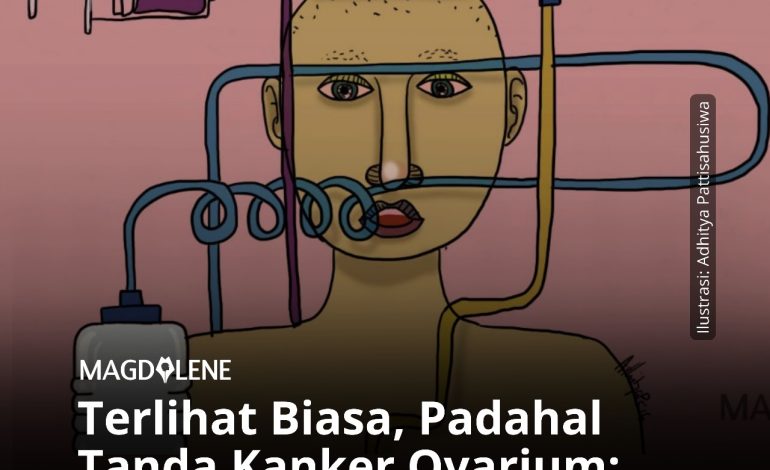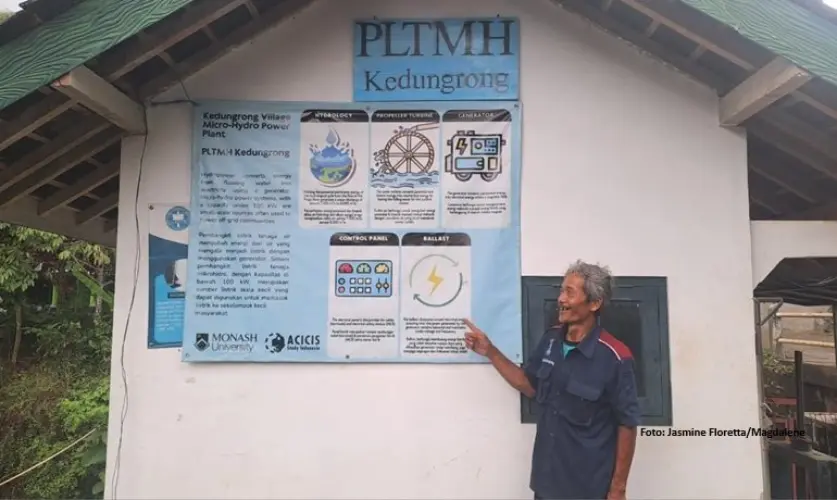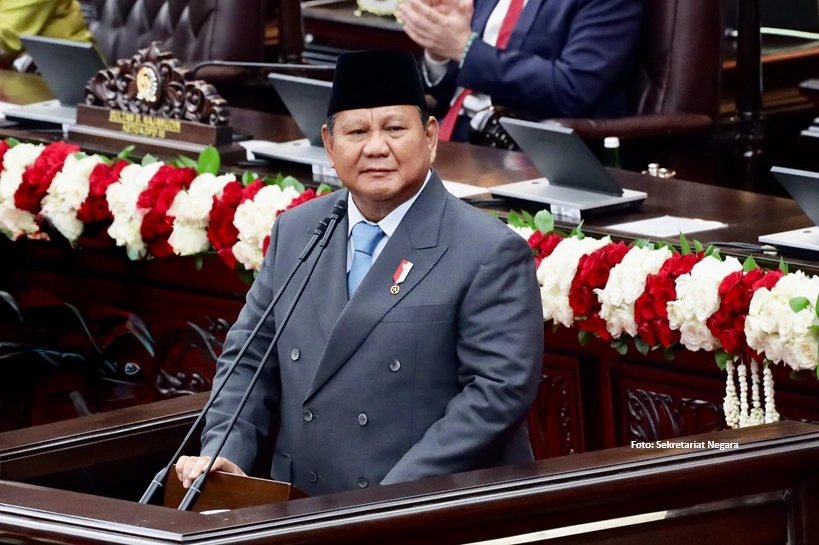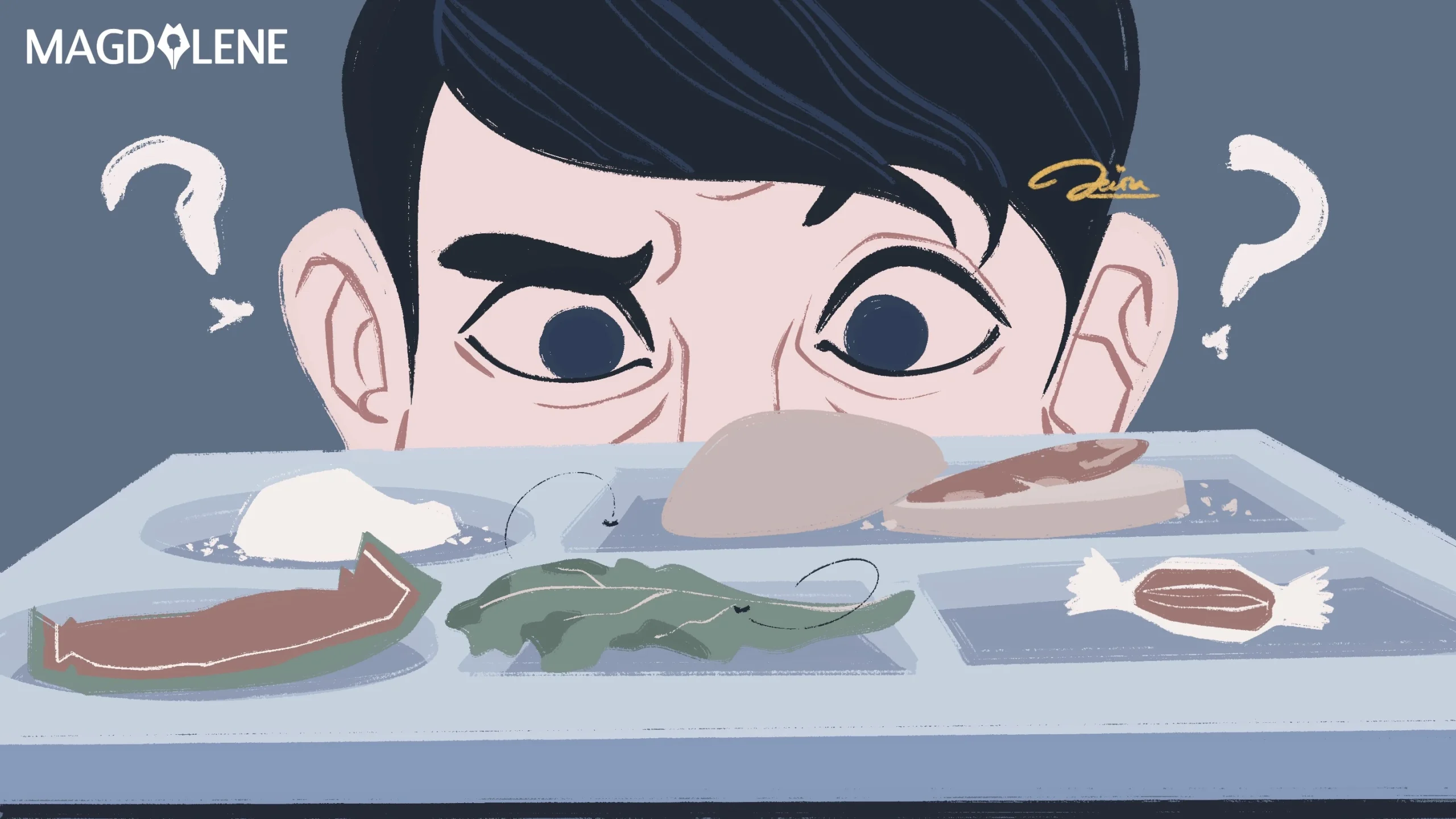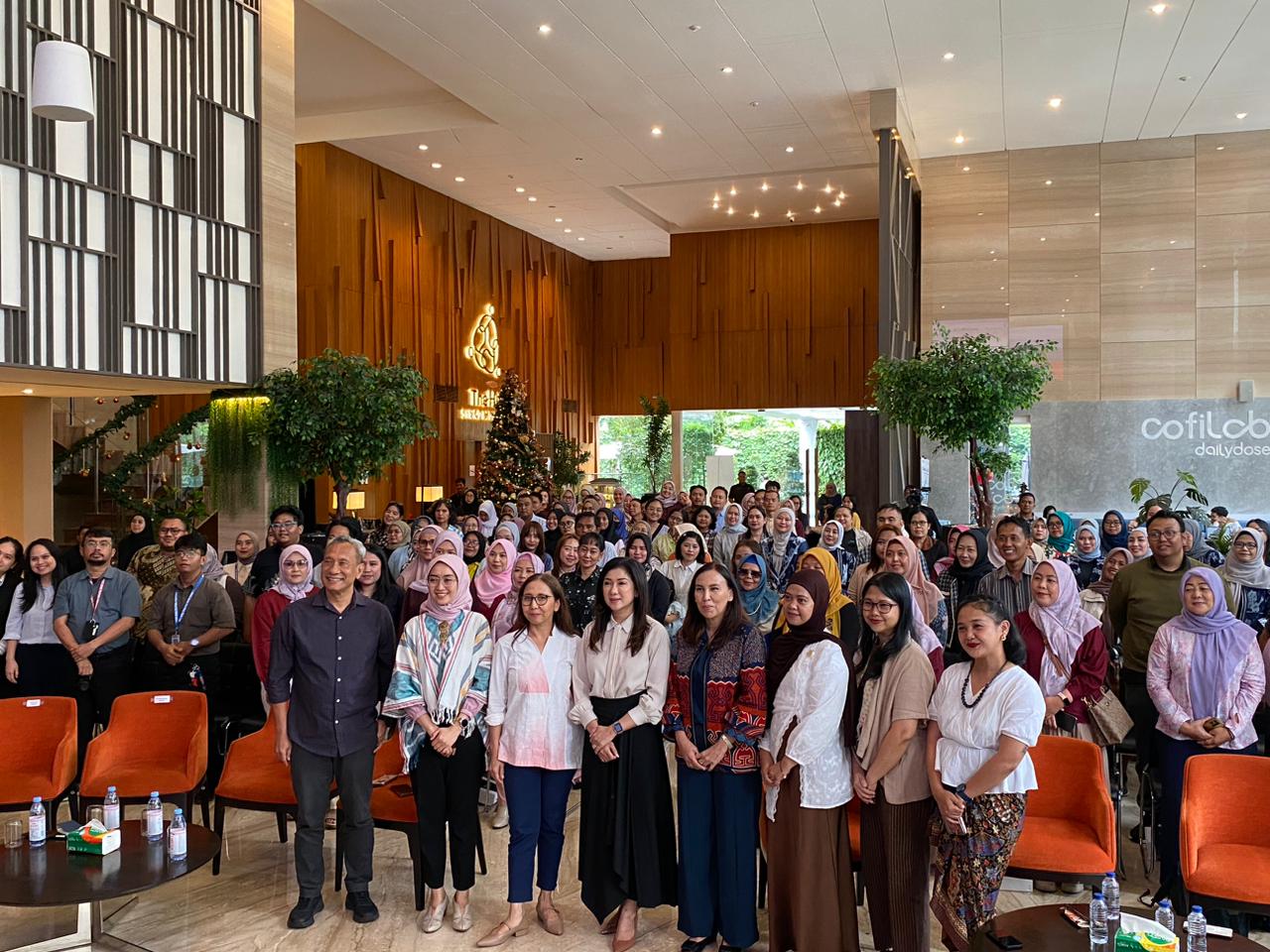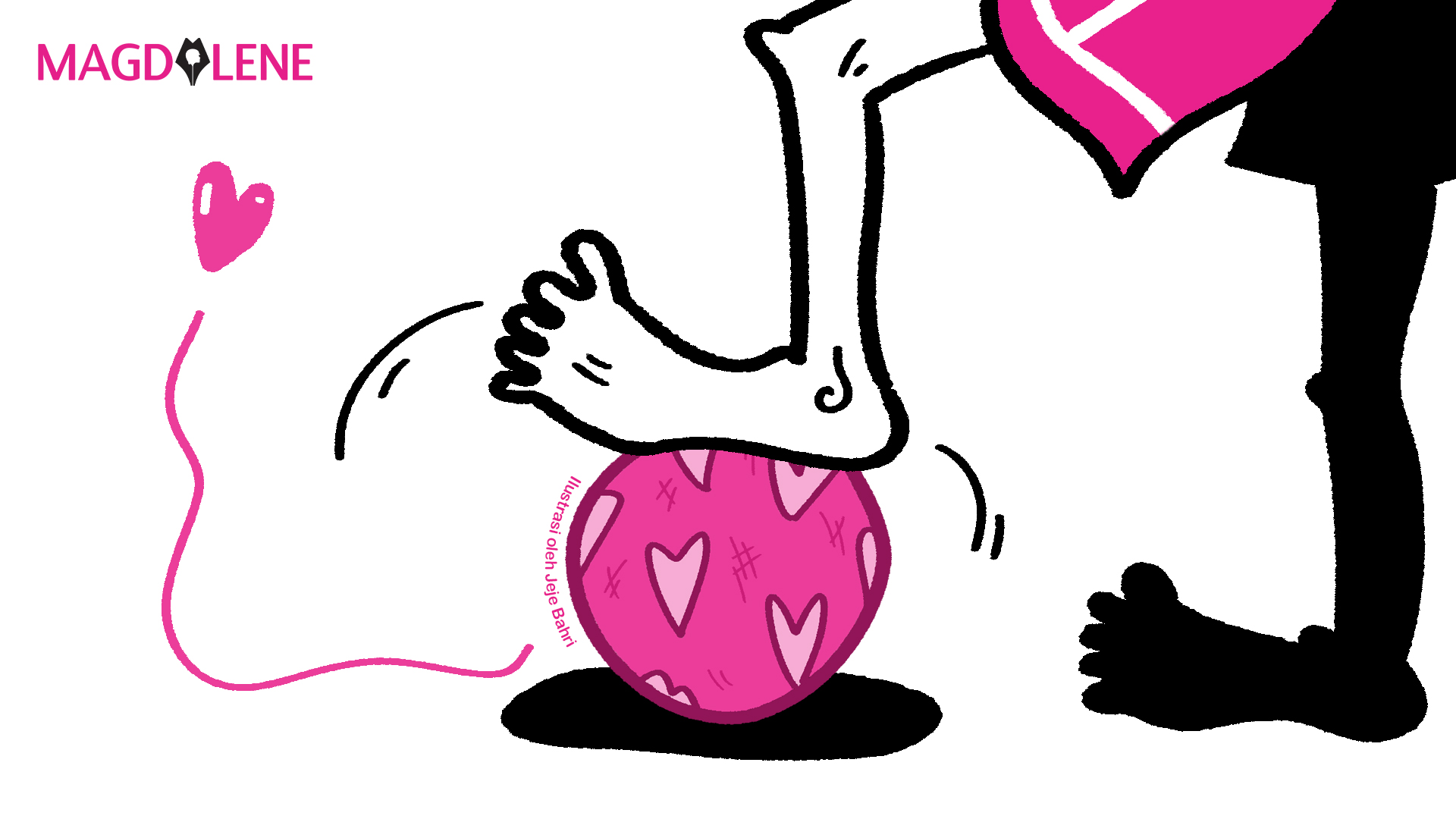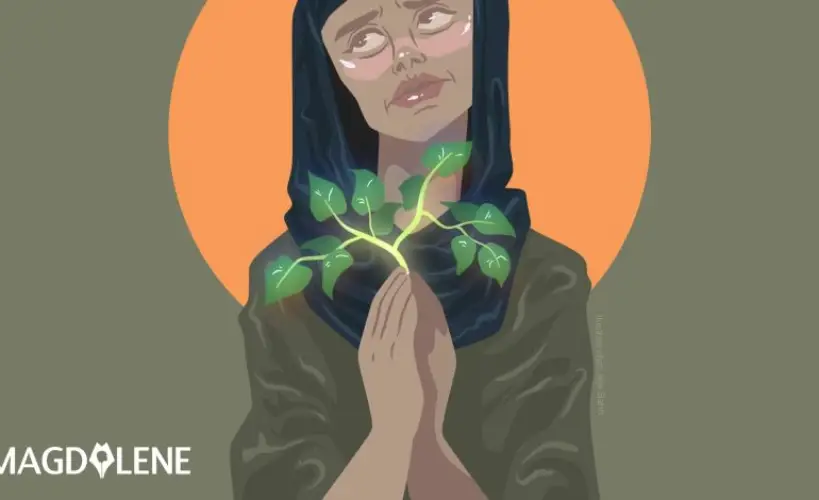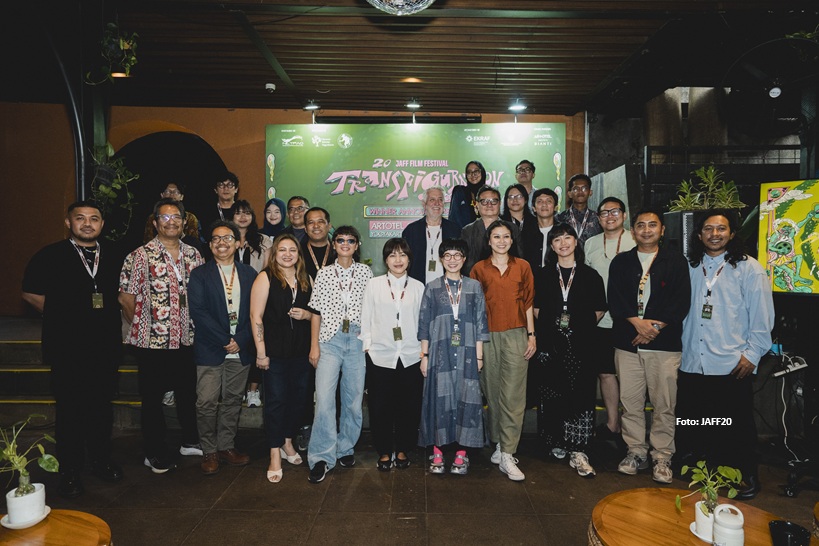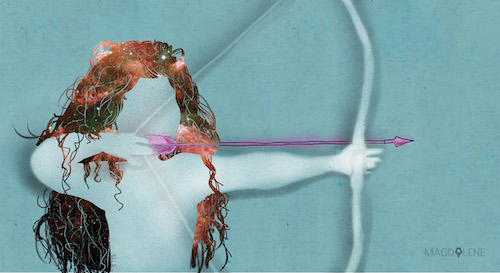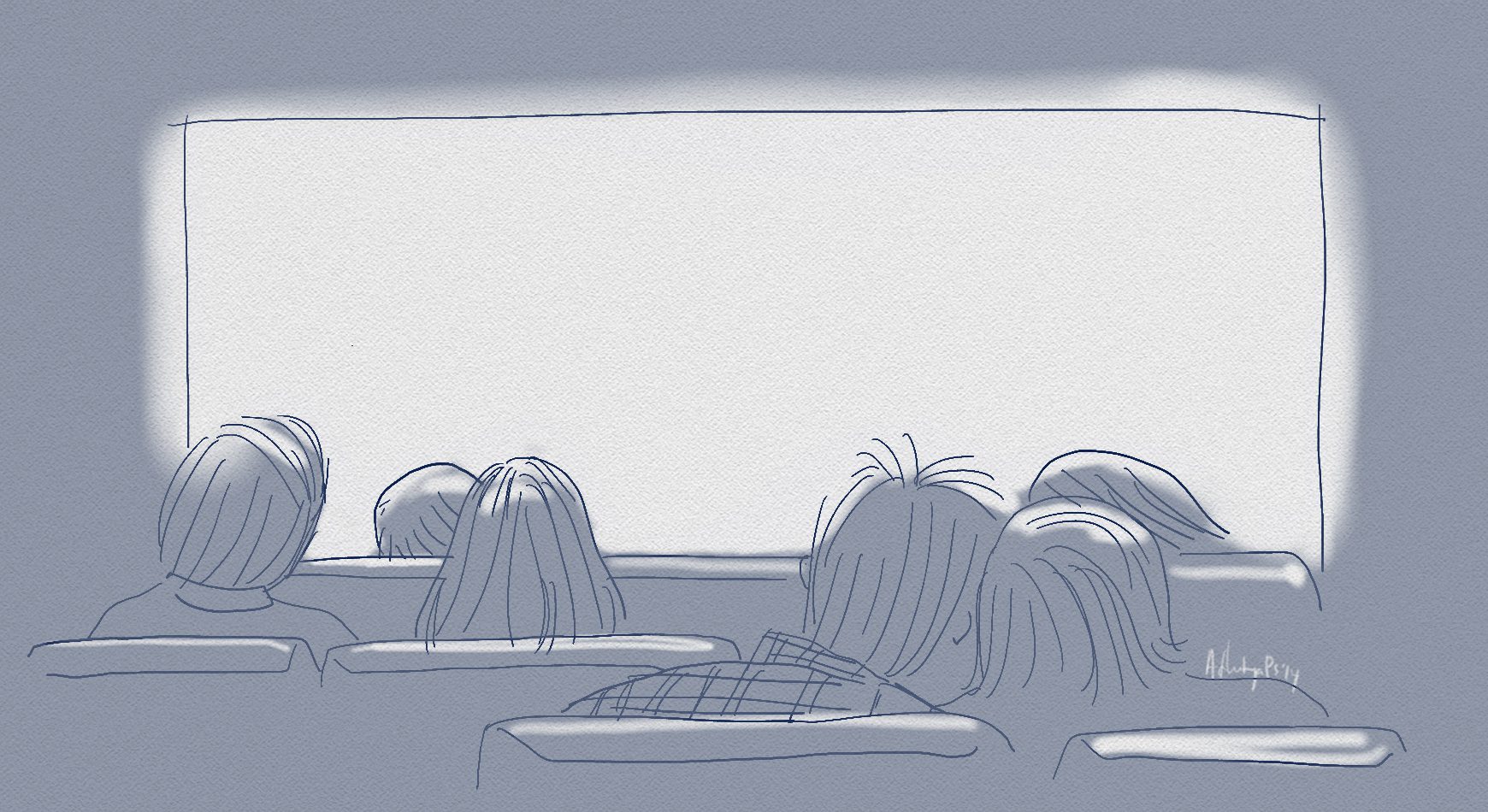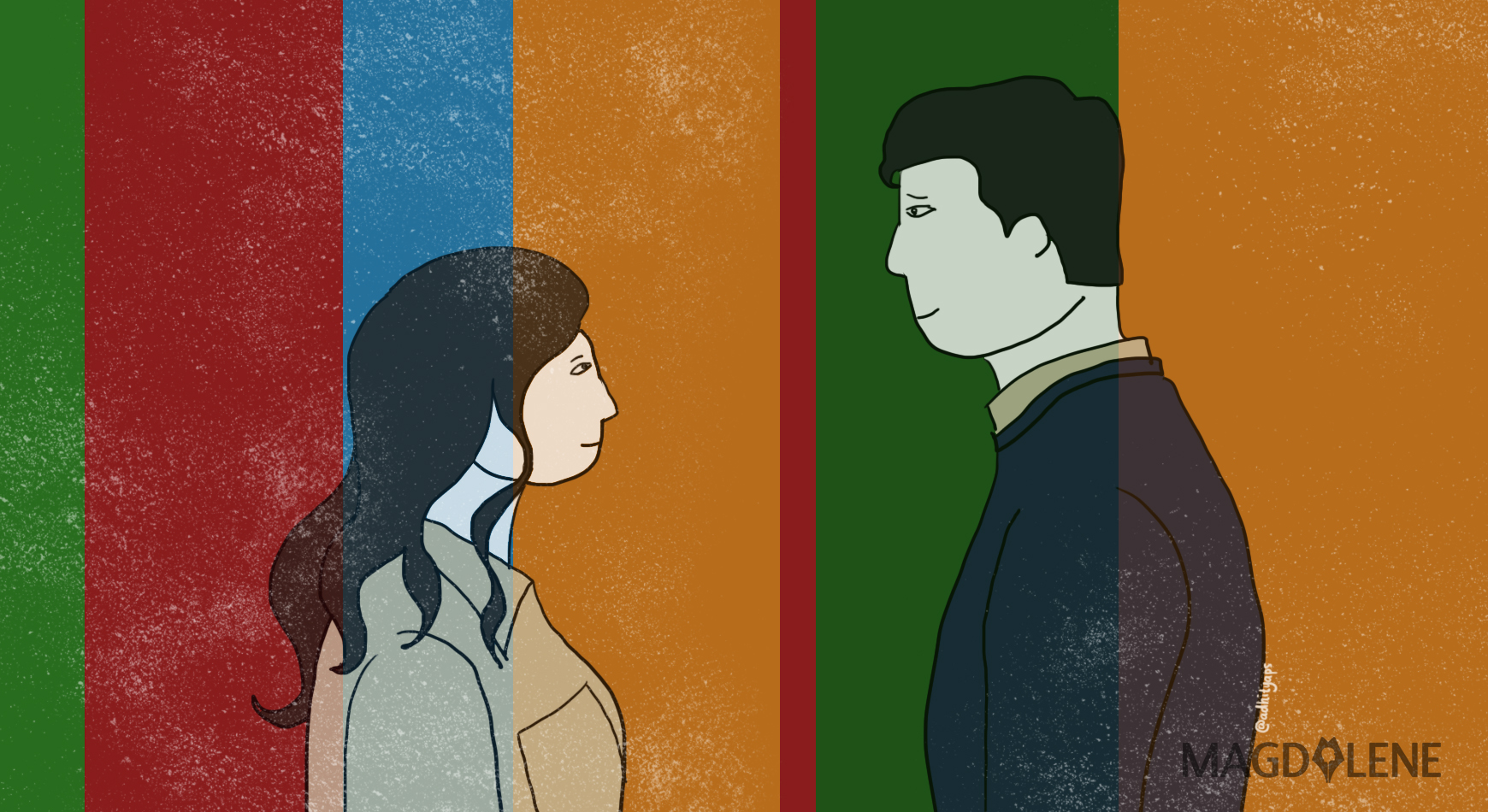Sabrina Carpenter: The Sharpest Tool Carving Out Women’s Empowerment in Pop

Pop star princess Sabrina Carpenter continues to shine brightly, churning out catchy pop tunes and using her platform to champion women’s empowerment.
Starting her career as an actress, Carpenter’s popularity keeps soaring, with her latest album, Short ‘n Sweet, achieving a massive success. The record made her the first female artist in history to chart at least three songs in the top 10 of Billboard Hot 100 for seven consecutive weeks. It has also qualified for the Grammy Awards, cementing her position in the pop music industry. Following the album’s launch in August, Carpenter has embarked on a world tour, a sold-out event that draws millions of young fans.
Short ‘n Sweet reflects Carpenter’s journey as an artist, embodied in 12 bubbly, flirty, playful, and, at times, heartbreaking tracks. Beyond her humorous approach to songwriting, the 25-year-old songstress offers a refreshing perspective on how women should feel free and comfortable expressing their sexuality. Her witty and cheeky lyrics have resonated deeply with her audience, primarily young women. I personally think she’s a true genius in the way she’s established connections and appealed to so many women.
Read more: Campaign Aims to Reclaim Women’s Authority over Their Bodies
For years, women’s sexuality has been treated as a taboo. In a patriarchal society, it is uncommon for women to express their sexual needs or desires openly. I have seen anonymous questions on social media asking whether it is normal for women to experience wet dreams. The replies often veer into unscientific territory, with people suggesting it is a sign of spiritual interference or recommending a cleansing ritual.
Similarly, questions about whether it is normal for women to feel more sexually charged during ovulation are often met with confusion or silence, making women unsure of how to handle the situation. Conversations about women’s sexuality are frequently dismissed as unimportant, reflecting a society that continues to divide women into narrow categories—”prude virgin” or “dirty whore.” Women are rarely allowed to enjoy or express their sexuality without being judged. This double standard is glaring, as men are not subjected to the same scrutiny despite both being equally sexual beings.
Through songs like “Juno” and “Bed Chem,” Carpenter demonstrates how fun and liberating it can be to explore and express one’s sexuality. Onstage, she often wears cute, lingerie-inspired bodysuits, challenging traditional expectations of how women should dress and behave. Typically seen as clothing to satisfy a partner’s desires and even referred to as baju dinas (intimate attire for wifely duties), lingerie takes on new meaning in Carpenter’s performances.
Read more: Fiona Apple and The Art of Patience and Unflinching Defiance
Her playful lines, like “Where art thou, why not uponeth me?” hint at the joy of understanding and owning one’s desires as a woman. Instead of portraying women as sexual objects, Sabrina reclaims the narrative, presenting women as sexual beings in their own right and empowering her audience to embrace themselves fully. Her humor and confidence, especially in making cheeky jokes, reflect the candid conversations many of her fans are just beginning to have in private. This relatability makes her a figure of empowerment for young women exploring their sexualities.
The overwhelming support Carpenter receives on social media is a testament to her ability to connect deeply with her audience. Much like Taylor Swift, Olivia Rodrigo, and Ariana Grande, Sabrina has cultivated an emotional connection with her fans by sharing her experiences as a woman. These artists use their music to reflect relatable moments of heartbreak, self-discovery, and empowerment, creating a sense of intimacy. This bond is much like the connection within close-knit groups of girlfriends, where conversations about love, desire, and personal growth are shared openly. Carpenter’s openness about her journey, particularly her exploration of sexuality, allows her fans to feel seen, understood, and invited into a larger conversation about what it means to be a woman today.
Read more: Feminism and Pop Culture: Don’t Just Change the Channel
As with many women in the public eye, Carpenter has faced backlash from those who deem her lyrics too provocative or inappropriate. Yet, she continues to reclaim the narrative, showing that a woman’s story—sexuality included—is not something to be repressed or ashamed of, but celebrated. This ties into the broader themes of women’s confidence and self-love, particularly in understanding themselves. It’s also important to note that Carpenter, as a young adult, shares her art with an audience of similarly aged women, amplifying the relevance of her message.
Sabrina Carpenter’s boldness in sharing her journey and embracing her sexuality serves as a reminder that women should feel free to express themselves as they choose. The discussion surrounding women and sexuality should be normalized, not treated as taboo, because women, like men, are human beings with desires. In a society that still too often silences women’s sexuality, Carpenter’s playful confrontation sends a powerful message: it’s time for women to reclaim their stories. By owning her sexuality on her terms, Carpenter shows us all how vital it is to be unapologetically comfortable and confident in ourselves.
Anak Agung Istri Mas Ratnaningrum is a fangirl, a law graduate, and social and political issues enthusiast.

